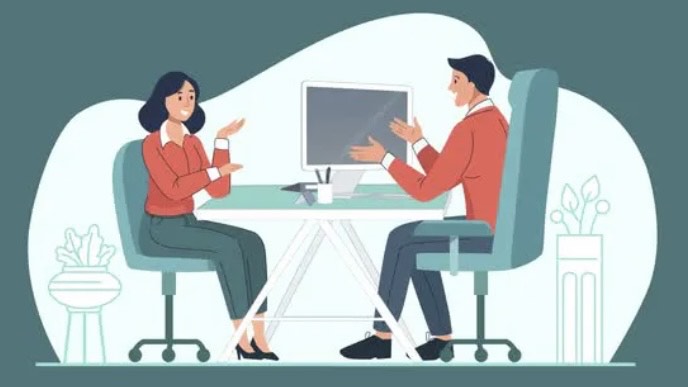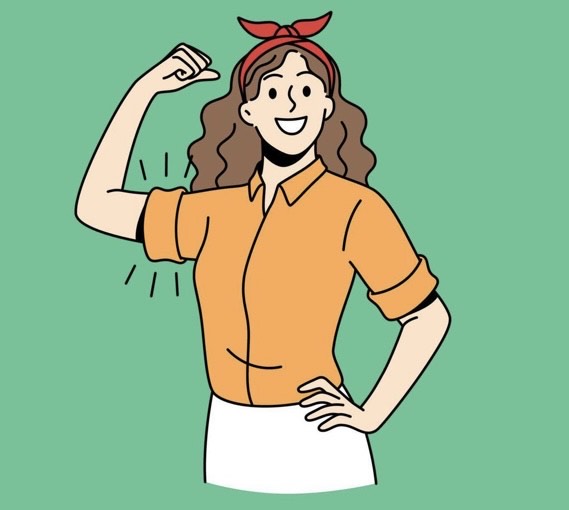Interview simulation
In today’s simulated interview I was applying for the role of a technician at the guildhall school of Music and Drama in London. My job roles being Head of Department and Technical Supervisor with specific requirements revolving around teamwork, management, AV, lighting, projection and sound work for concerts and theatrical performance as well as stage setup etc.
I will be using Kolb’s cycle of reflective practice to evaluate, reflect and learn from my simulated interview to improve my skills and knowledge of job interviews going forward. Kolb’s reflective cycle is based on learning through experience making it perfect for the simulated interview analysis.
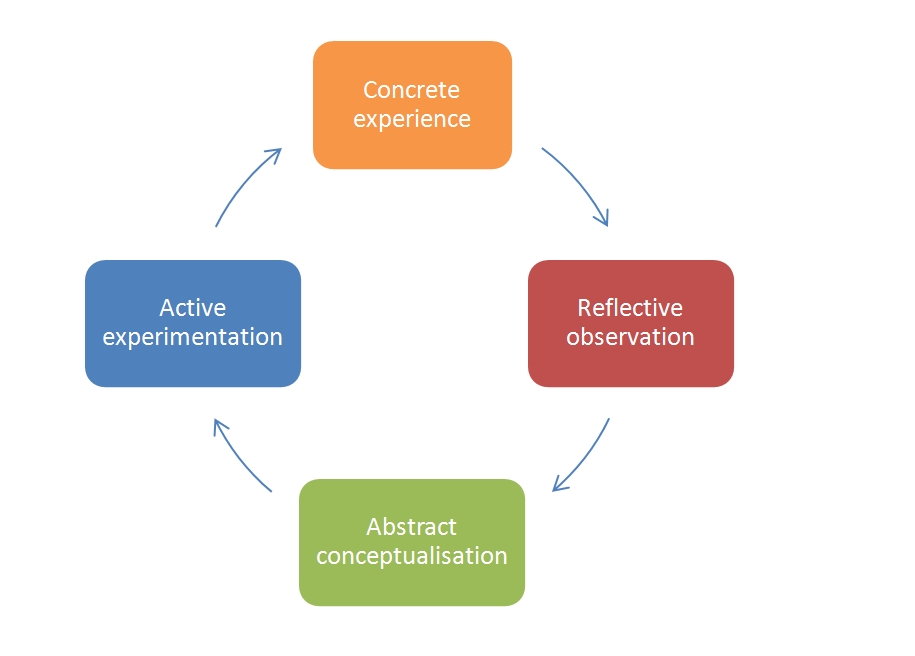
https://www.nicole-brown.co.uk/reflective-model-according-to-kolb/
Concrete experience
To prepare for my interview I updated and printed my CV to provide the interviewer with background on my accomplishments and strengths to later expand on when questioned. I also wore an outfit that reflected the work environment of the role. I wore all black movable and modest clothing as backstage crew wear all black to not distract from the actors and are always on their feet working with equipment. I had a healthy breakfast and a bottle of water with me to ensure I was feeling my best and energetic self. I was interviewed and I was the interviewer, meaning I could see the process from both perspectives. When interviewing I wanted my classmates to succeed in order to fill the job role efficiently. In feeling this I realised that no interviewer is there to catch you out or make you feel inferior, they need you as much as you need them and both parties want a successful outcome, therefore I shouldn’t feel as scared or anxious. When watching my classmates respond I learned a lot from their answers both good and bad such as; any self depreciation used to lighten the mood made the interview awkward, whereas with a confident list of accomplishments the time moved swiftly leading into each question, creating a much more positive experience for everyone involved.
Reflective Observation
Due to having interviewed at several places and working in various roles, I felt confident and at ease during my interview. In my feedback I was praised for my comfortable nature and descriptive answers of my personal accomplishments. My personality was portrayed very well, my open and kind persona worked in my favour as these qualities resonate well in most jobs working with teams and customers alike. This acts as a good foundation for the interview to then build on with the relevant qualifications and experience. Areas to improve on were; my language- to use professional language in place of colloquial language and to research my job role and have answers more tailored to the job description and being honest throughout despite seeming unqualified as I found myself in moments of panic when asked certain questions that I wasn’t prepared for trying to make things up- this of course is not professional or mature as it would have either been found out and disciplined/fired or I would have been expected to work already trained despite not having training etc.
Abstract conceptualism
As I have little to no experience and interest in the field I was interviewing for, it was difficult to remain positive and confident in my answers. I was unaware of the terminology of the technical field and it was evident in my responses and interactions with my classmates who have worked in this area before. In the future I would dedicate more time to my preparation and research on a wider scale including the job description and requirements as well as learning about the job in general if I have little experience beforehand. I will focus on the positives of what I can do instead of the negatives of what I can’t do and try to find examples of past jobs and education that I can relate to the questions, showcasing my adaptability and perseverance.
Active Experimentation
In my experiments I was focused on the key areas of improvement such as preparation, language and showcasing myself.
First experiment I created a harsher environment for myself which in turn enabled me to thrive in a normal one such as a drama teacher or acting role. I sat with my friend who is a land surveyor and explained to him why I would be suitable for his job despite having no experience in his field. I researched the job and was able to adapt my real life experience into the job requirements. By putting myself in an interview that I was completely unqualified for whilst remaining positive I was able to prove to myself that I can walk into any interview and as long as I am prepared and know how to relate my experience to the expectations of the job then I can do well.
Second experiment I researched language and buzzwords that interviewers like to hear. I learned the importance of phrases and words that were effective, such as; ‘leadership’, ‘goal orientated’, ‘I look forward to’ and ‘given the opportunity I would implement’. By having sentence starters and keywords fresh in my mind I was able to script a few paragraphs to learn off by heart that were easily adaptable in any interview to appear self assured and professional.
Third experiment was to tell people in my life different skills and qualities that make me a good employee, including family, friends and placement colleagues who have watched me work and know areas I need to improve on and areas I excel in. This felt uncomfortable and embarrassing but the feedback of what I can add to the list to talk about in interviews and write on my CV. My first list of skills and qualities were, a good team member, a quick learner and a hard worker etc. I was able to expand on these traits and add others, such as; good communication in times of stress and conflict, reliability of time, showing up and covering for others and cleanliness, being able to keep where I am looking tidy and put together.
You May Also Like
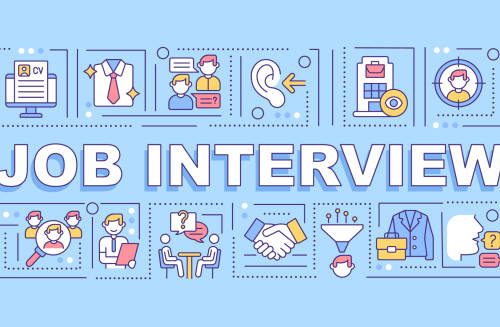
BE A S.T.A.R 🌟
14 February 2023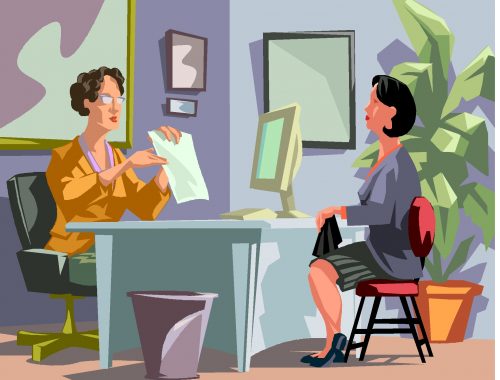
Interview a New You! – Becoming an Interview Guru
24 February 2023

